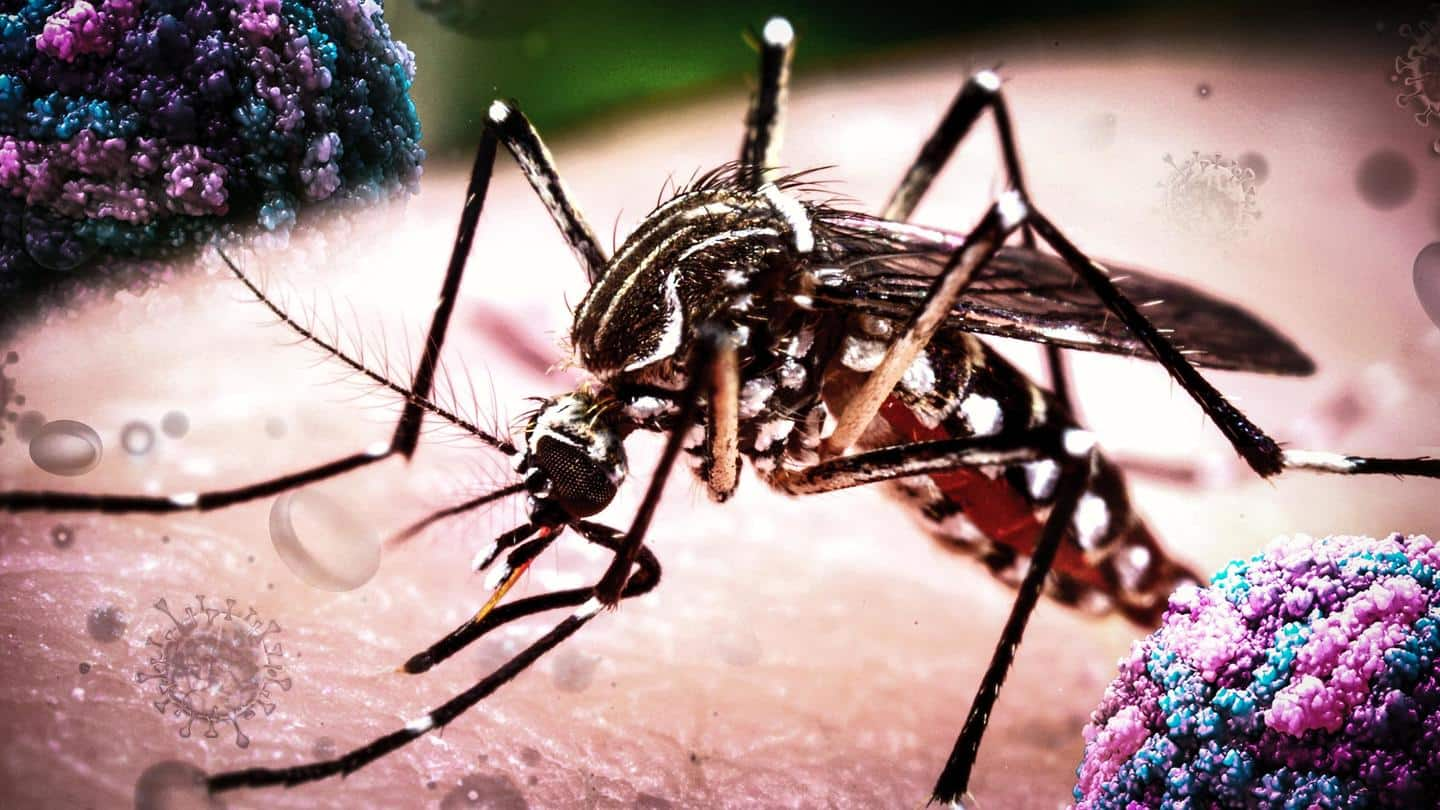
Kanpur reports nearly 90 Zika virus cases. What is it?
What's the story
Kanpur has reported as many as 89 cases of the Zika virus in recent weeks, becoming a new hotspot for the mosquito-borne disease.
The authorities have sounded an alert in the city and launched a massive sanitation drive to curb the infection.
So, what is the Zika virus, what are its symptoms, and how does it spread? Find out here.
Context
Why does it matter?
This is the first outbreak of the Zika virus in Uttar Pradesh.
The first case in Kanpur was detected on October 23 and infections have surged greatly since, raising concerns for the public and the authorities.
The city also reported over 100 cases of dengue this season.
Further, with experts warning of a surge in COVID-19, officials must ensure the healthcare system is ready.
Details
What is the Zika virus?
The Zika virus is caused by the bite of an infected mosquito of the Aedes species.
The same species is also responsible for causing diseases such as chikungunya, dengue fever, and yellow fever.
Zika primarily spreads through mosquito bites, but can also be transmitted through unprotected sex as the virus has been detected in semen, vaginal fluids, saliva, and urine.
Information
What are its symptoms?
Many people infected with the Zika virus do not develop symptoms. Further, the symptoms of the disease are generally mild. They include fever, rash, headache, conjunctivitis (red eyes), malaise, and muscle and joint pain, according to the World Health Organization (WHO).
Severity
How severe is the infection?
Symptoms start showing within 3-14 days of exposure and usually last for 2-7 days.
In most cases, people do not get sick enough to be hospitalized and deaths from the infection are rare.
However, pregnant women may transmit the disease to the fetus, leading to birth defects such as microcephaly — a condition where a baby's head is smaller than normal.
Cure
Is there a cure?
There is no cure or specific treatment for the Zika virus though vaccines are being developed.
The National Institute of Allergy and Infectious Diseases in the United States has listed six different vaccines that are currently in development.
They include a DNA-based vaccine, a purified inactivated vaccine, a live attenuated vaccine, and a purified inactivated shot, according to the information posted on NIAID's website.
Treatment
How can you treat Zika virus symptoms?
Since there is no cure, doctors focus on treating the symptoms of the infection.
1) Drink water and other fluids for rehydration.
2) Take medicines recommended by your doctor to reduce fever or pain.
3) Get plenty of rest.
You can prevent catching the Zika virus only by avoiding mosquito bites, hence it is advisable to maintain sanitation and wear full-sleeve clothes.
Outbreaks
When did the virus emerge?
The Zika virus was first detected among monkeys in Uganda in 1947 and identified in humans in 1952 in Uganda and Tanzania.
The first notable outbreak occurred in the Federated States of Micronesia in 2007.
In India, the first local outbreak was reported in Ahmedabad in 2017.
Larger outbreaks took place in Rajasthan and Madhya Pradesh in 2018. Both states reported over 100 cases.